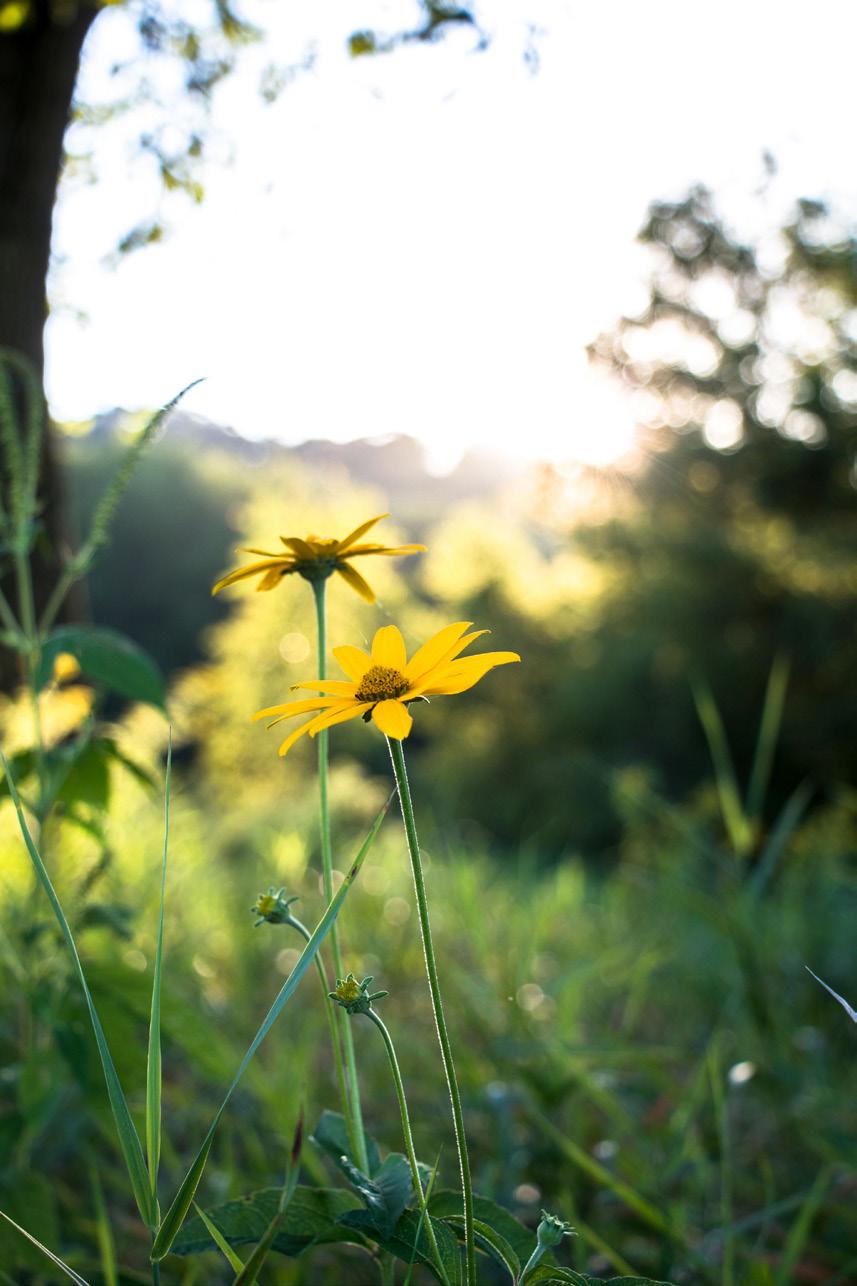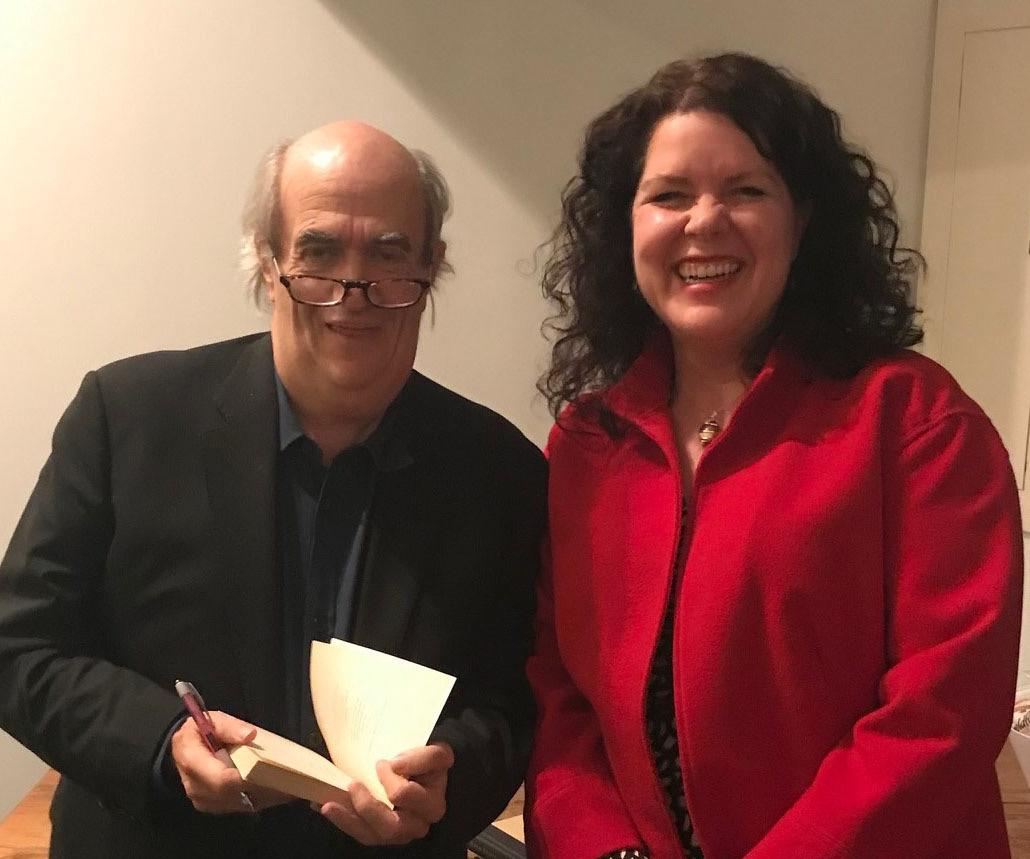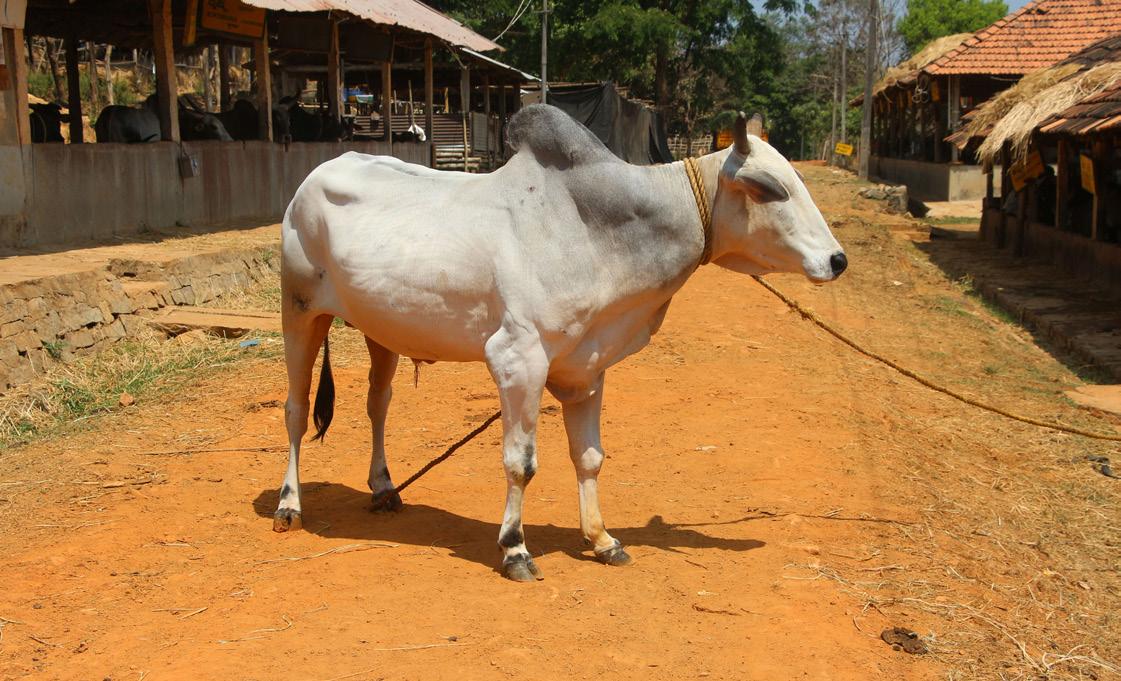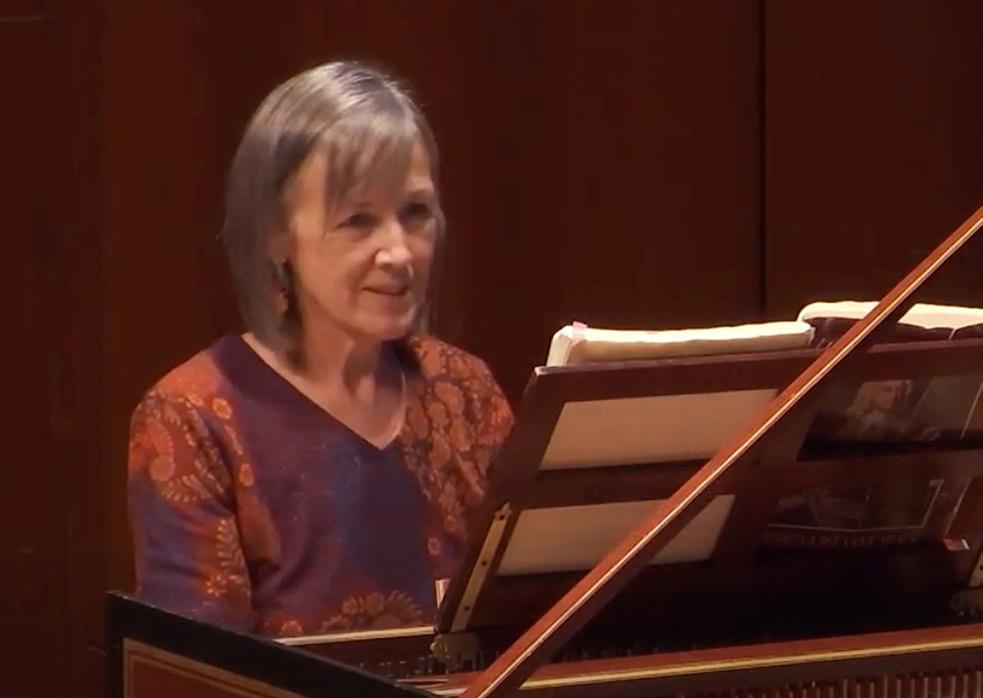Introduction by MARTIN KLAMMER, Professor of English, Editor of Agora
In this winter of darkness when the pandemic surges on, it may seem odd that we feature “Hope” on this issue’s cover. Yet that is what I am feeling, and I am not alone: hope not only for an effective vaccine and increasing awareness of the precautions we need to take to curb the spread of the virus, but hope in a much broader sense at the end of this painful and vexing year.
the first talk when he emphasized our human capacity to slow the pace of climate change and enable the natural world to live on through the choices we make. Student speakers such as Jessi Labenski picked up this note of hope in her call for faithful stewardship of the earth. She concluded her talk: We are called to preserve this sacredness of the natural world as people of faith. So look closely through the microscope or high into the trees, and use both your scientific and your spiritual wisdom to listen to the earth and strive to make a difference in the beautiful world around us.
The sources of my hope are multiple, but as a professor at Luther College I find hope in the lives and commitments of our students. The most recent example is the Wednesday chapel series of talks in Quarter 1 (October-November) by biology students and professors on questions of ultimate concern at the intersection of science, spirituality, and ethics. I was excited for this series because it seemed to capture the spirit of Luther College’s commitment to faith and learning, while adapting to the diverse spiritualities of our students today. Luther students may seem less traditionally religious than in previous years—chapel attendance had been declining even before the pandemic—but our students today are no less committed to the values of our mission statement: striving to be a community where we are “enlivened and transformed by encounters with one another, by the exchange of ideas, and by the life of faith and learning.” I am Martin Klammer with granddaughter Dory Maxfield happy to feature in this issue of Agora just such an exchange of ideas in the Wednesday chapel series. The series concluded with student Each of the talks was organized along the lines of a traditional chapel: an opening reading from a biologist or environmental writer, a message, and a “sending” in lieu of a closing prayer. Professor Eric Baack, who organized the series, struck the theme of hope in 2
Agora/Fall 2020
voices from the Biology 151 class from Quarter 1 one sharing their sources of hope about climate change, from “a number of small daily lifestyle changes” to larger structural change, such as the Paris Climate Agreement. The final sentence of the sending captured the
series’ theme of joyful stewardship of the natural world: “Go forth and cherish.” In its emphasis on hope in our human capacities during times of crisis, the Wednesday chapel series serves as a fitting bookend to this issue of Agora. In the opening essay Professor Robert Christman notes the parallels between how fourteenth-century society responded to the Black Death (bubonic plague) and how we might respond to the coronavirus pandemic today. Robert suggests that we could learn some useful lessons from the experience of medieval Europe. Chief among those lessons is that “pandemic disease offers an unprecedented opportunity to ponder our lives, society, and attitudes, a chance to abandon aspects of ourselves that are harmful, self-centered, and shallow.” Like the Biblical figure of David captured in Michelangelo’s sculpture, we can then embrace “the latent potential within each of us . . . to face whatever is out there, no matter how goliath in proportions it may be.” I take comfort from Robert’s historical perspective, from the thoughtful eloquence of biology students and their professors, and from the good work my colleagues continue to do, as evidenced by their contributions to this issue. I am hopeful, not only for relief from the present pandemic, but for a world in which, to quote student Grace Parrott in her eloquent sending, we live “with the wisdom to weigh today’s desires against tomorrow’s needs, with the vision to see what thrives even as [we] mourn what is lost.”


















